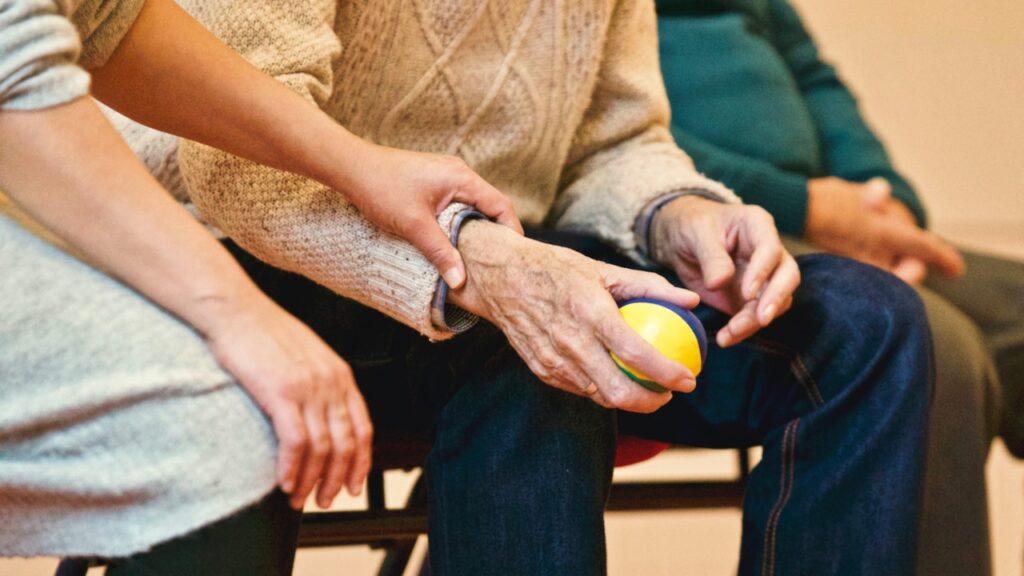As our loved ones age, ensuring their well-being becomes a priority. One way to provide the necessary support while preserving their independence is through home care. Introducing this idea to seniors may require a delicate approach, emphasizing the benefits and addressing concerns. Here are some essential strategies to make the transition smoother:

Respecting Independence:
One of the primary concerns seniors may have is the fear of losing control over their lives. It is essential to acknowledge and respect their desire for independence. Reassure them that the goal of home care is not to take over but to support and empower them. By emphasizing that they can maintain control while receiving assistance, the idea of home care becomes more acceptable.
Introducing Caregivers in Advance:
The prospect of having a “stranger” in their home can be unsettling for seniors. To alleviate this concern, consider introducing the caregiver beforehand. This allows the senior to become familiar with the person who will be providing support, building trust and fostering a sense of companionship. A pre-introduction helps create a more comfortable environment for both the senior and the caregiver.
Promoting Independence:
A significant obstacle to accepting home care is the fear of becoming dependent on others. It’s crucial to communicate that seeking home care is not a sign of weakness but a conscious choice to enhance their quality of life. Emphasize that caregivers are trained to promote independence, offering assistance only where needed. This reassurance helps seniors view home care as a supportive and empowering option.
Open Communication:
Feelings of embarrassment or shame can be significant barriers to accepting home care. Foster open communication by creating a safe space for seniors to express their concerns. Respond with empathy and understanding, assuring them that seeking help is a sign of strength. Share stories of others who have embraced home care and benefited from the support, emphasizing the positive impact it can have on their daily lives.
Personalized Matching:
Seniors may worry about not knowing how to engage with their caregiver. Address this concern by highlighting the personalized matching process employed by home care agencies. Explain the efforts made to pair caregivers based on compatibility, shared interests, and personalities. This intentional matching fosters a positive and meaningful connection between the senior and the caregiver, making the caregiving relationship more enjoyable and fulfilling.
In summary, guiding seniors towards embracing home care involves a multifaceted approach that addresses their concerns with compassion and understanding. By respecting their need for independence, introducing caregivers in advance, promoting the idea of assistance as a choice, fostering open communication, and emphasizing personalized connections, the transition can be made smoother and more positive. Home care is designed not only to meet the practical needs of seniors but also to enhance their overall well-being, providing the necessary support for them to continue enjoying a fulfilling and independent lifestyle.
